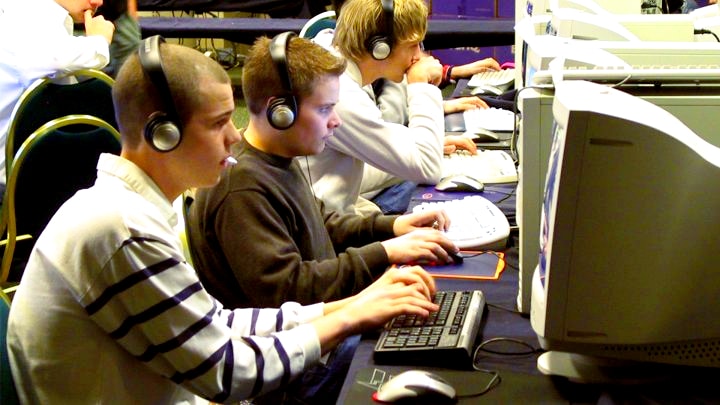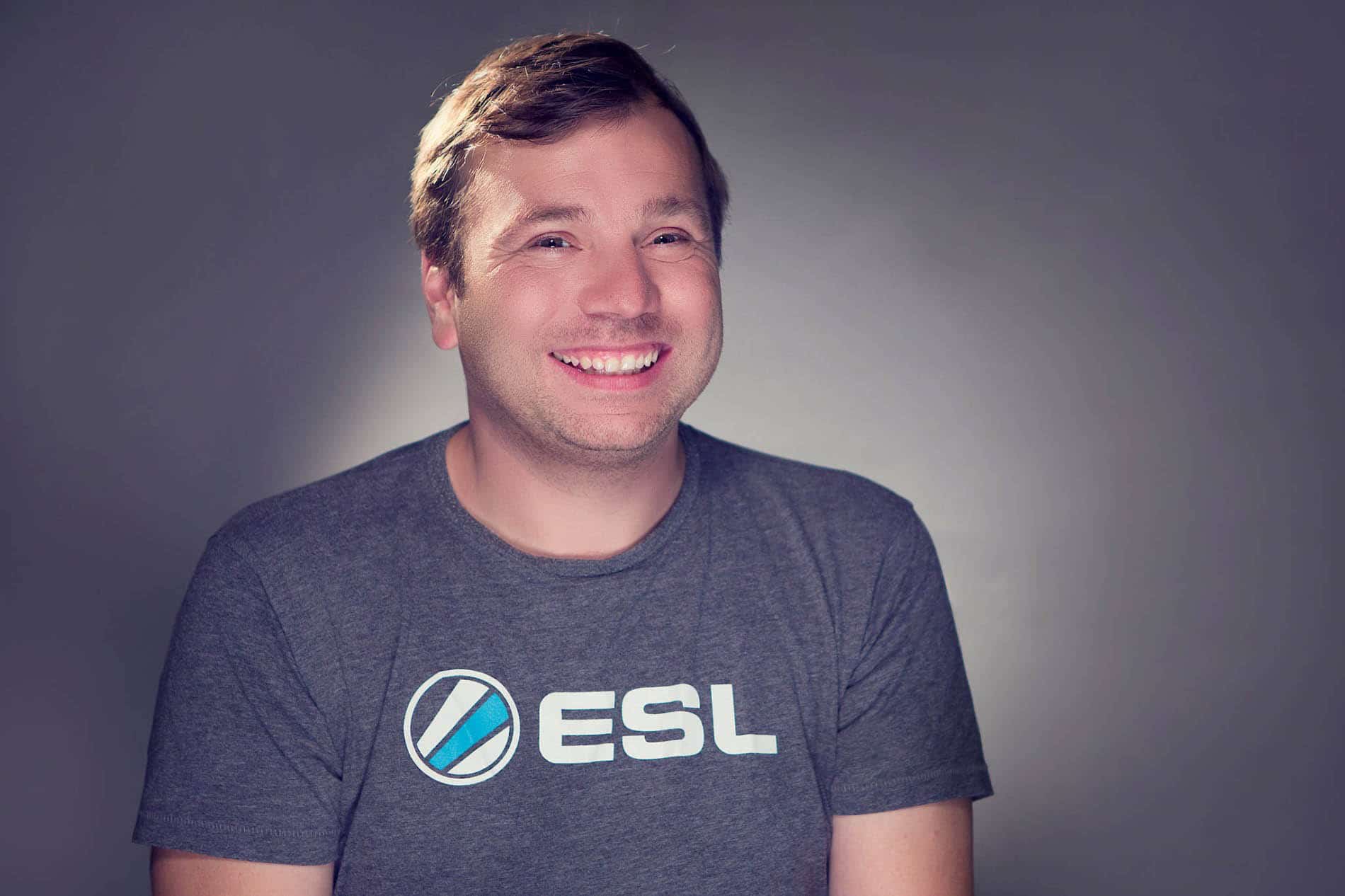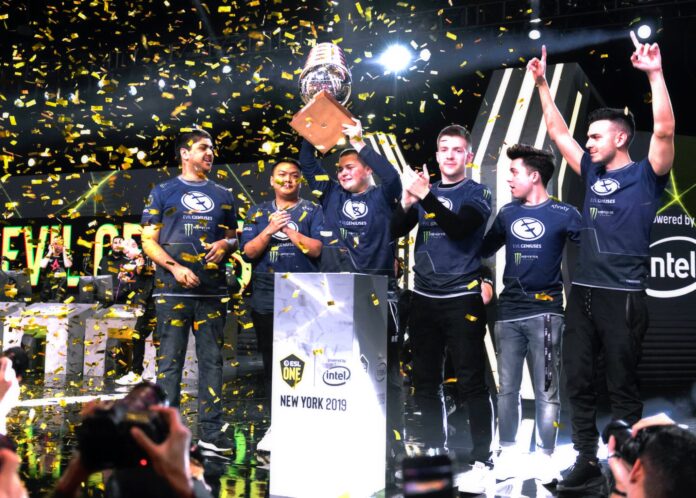The interest of players and the development of new tournaments and leagues led to the founding of many organisations. Some teams are now more than 20 years old.
With the proliferation of online multiplayer offerings, esports took off rapidly in the mid-90s. For the first time, players of the same skill level could compete against each other in automatic matchmaking and determine a winner. This also led to the formation of the first teams, so-called clans, in which communities were organised. Together with tournament organisers, they laid the foundation for today’s esport scene.

The oldest esports organisation comes from Germany
In 1997, the world’s first professional platforms for esports competitions were born with the Cyberathlete Professional League in the USA and the German Clan League (later ESL). The German scene profited above all from the Clan League organised by Ralf Reichert. Here, Quake, Unreal Tournament or Counter-Strike were primarily played.

The first three professional esport teams to compete were founded: SK Gaming (1997), mTw (1998) and n!faculty (1999). The SK project, formerly known as Schroet Kommando, involved Ralf Reichert and his brothers Tim and Benjamin.
While Ralf took over the position as managing director of ESL in 2000, his brothers continued to run SK Gaming. Today, the organisation is more than 25 years old, making it one of the oldest brands still active in esports.
Bloom in the early 2000s
With the establishment of further leagues and tournaments such as the World Cyber Games (WCG), Dreamhack or Major League Gaming (MLG), the offer increased steadily. This aroused the interest of further esport aspirants around the world.
In Europe, Ninjas in Pyjamas (2000), ForZe (2001), Mousesports (2002), Alternate Attax (2003) and Virtus Pro (2003), among others, began their involvement. In North America, too, more teams followed the emerging trend with Evil Geniuses (1999), Complexity Gaming (2003) and Team Dignitas (2003).
The South American brand Mibr (Made in Brazil), which today is particularly known for its Counter-Strike division, has also been around since 2003. After a few years of idleness, the brand was taken over by Team Immortals in 2018 and still played a role today.
Epic revival of nostalgia brands?
The fact that long-established organisations can also be used for a relaunch has become clear in a few examples in recent years. Just recently, Counter-Strike pros Jesper “JW” Wecksell and Robin “flusha” Rönnquist announced a comeback of the legendary Swedish brand Eyeballers.
The EYEBALLERS Are Back.https://t.co/1iETgyVx9aEYEBALLERS pic.twitter.com/VMG17aB2Lq
– EYEBALLERS (@EYEBALLERS) June 9, 2022
Between 1998 and 2007, the team competed with scene greats like Patrik “cArn” Sättermon or today’s NiP manager Björn “THREAT” Pers, among others. For those involved, the feeling of nostalgia was immediately back.
The Danish organisation Astralis, founded in 2016, also has a striking connection with the Finnish team “Astralis – Starlike Gaming”, which was active between 2004 and 2009. Perhaps we can expect more comebacks in the coming years. There are definitely still some organisations with a significant esports past available.


